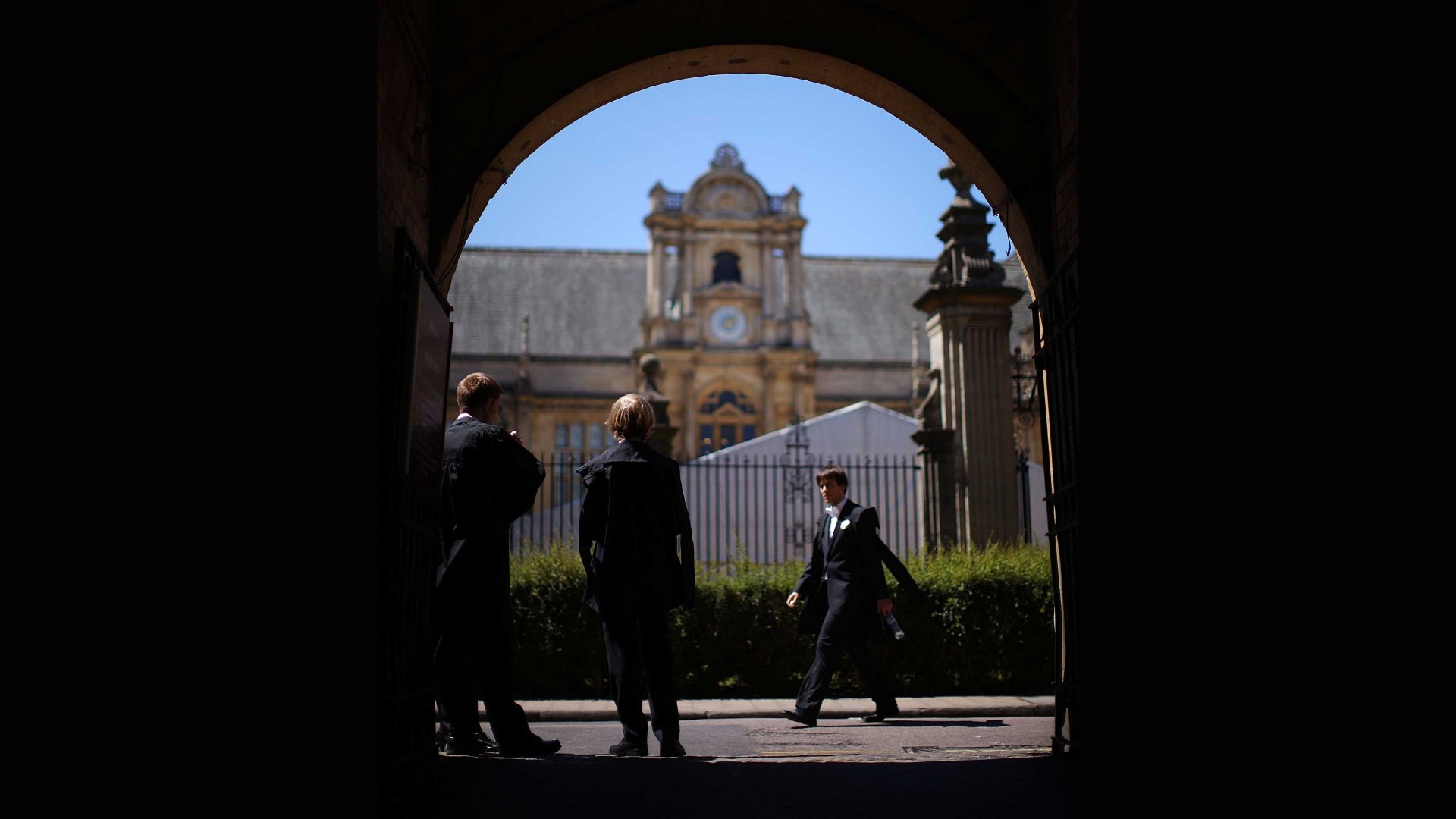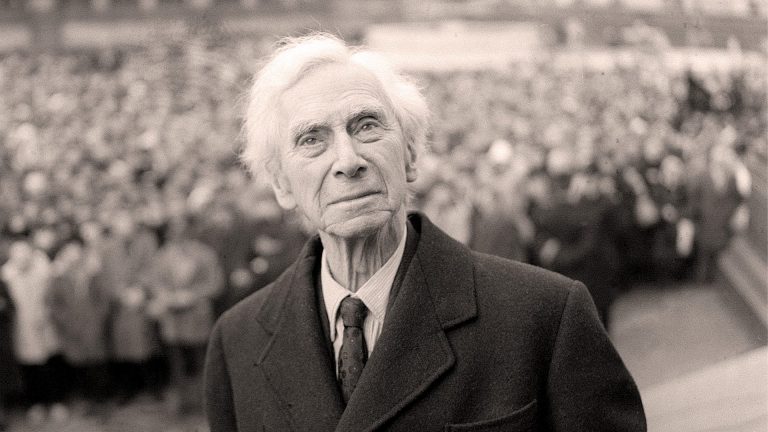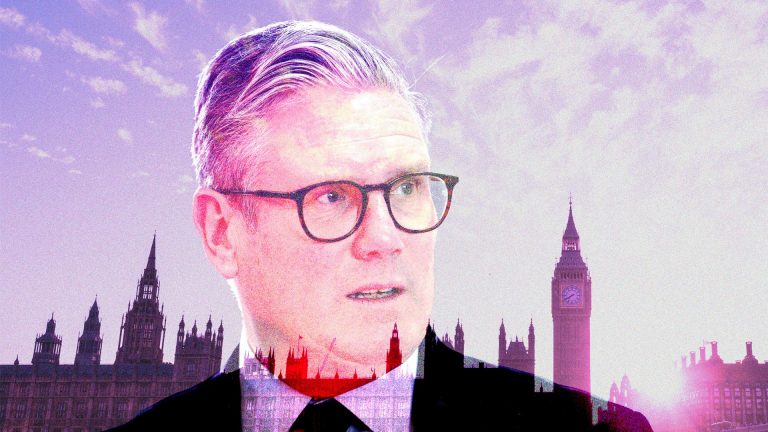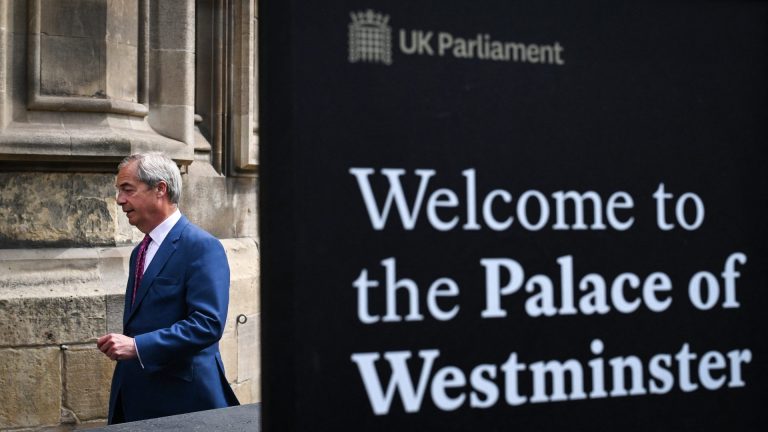It has been a tough time in politics and, if you look at the CVs of today’s wrecking ball of a government, you might be forgiven for thinking that the dreaming spires of Oxford are the authors of our misfortune.
Successive Conservative cabinets — who created the mess of Brexit and who wasted millions on their reality-denying obsession to export asylum seekers to Rwanda, and who blew even larger amounts of cash buying dodgy PPE during the pandemic — were packed with Oxford humanities graduates. Rishi Sunak is the fifth consecutive Oxford prime minister and 30th altogether, out of a total of 57. Cambridge has provided 14. The most recent – Stanley Baldwin.
As Simon Kuper writes in Chums, his book on the 1980s Oxford graduates who spearheaded Brexit: “It’s possible to tell the story of British politics in the last twenty-five years almost without reference to any other university.” Less than half of one per cent of each British age University cohort attends Oxford, he points out, “yet the UK is an Oxocracy.”
Alongside the old boys’ network effect, attending a storied university and arguing your case against top specialists in weekly tutorials instills confidence, if it’s not there already from public school. But ambitious wannabe politicians are already drawn to Oxford — for PPE, which Cambridge doesn’t offer, and the prestigious Oxford Union.
The debating society hothoused the trivialising, adversarial style that blights Westminster debates today. It provided opportunities for political organising and networking with politicians future and past, including prominent speakers that have ranged from Churchill to Cameron, Bill Clinton to Benazir Bhutto. The Conservative Association, once led by Theresa May, is politically influential. Socially, the infamous Bullingdon Club to which Johnson, Cameron and Osborne belonged, burnished a sense of being above the rules.
Still, you can’t lay everything on Oxford. Party leaders are chosen by a small unrepresentative membership, which could have picked David Davis (Warwick) or Ken Clarke (Cambridge).
The university can, however, do something to stem the historic tide of boorish, often privileged young men, and this is primarily why I have come to meet former Equalities and Human Rights Commission chief David Isaac, now provost of Oxford’s Worcester College, which has undergone something of a revolution. An enthusiastic proponent of widening access, Worcester has shifted strongly away from its original community of overwhelmingly white, male and private school students.
Of course widening access – a quest to ensure greater opportunity for academically able individuals from wider society – wasn’t created to rid us of terrible Oxford prime ministers. But as Isaac explains, that could be a side-effect.
“Wherever Oxford has been in the past,” he says, “we want to encourage people with all views… It’s aimed at getting… a much more composite picture, getting the best applicants” rather than “just having a conveyor belt from certain schools.”
I studied at Worcester College in the late ‘80s-early ‘90s — when Jacob Rees Mogg was attracting ridicule elsewhere at the university. It was friendly, and definitely posh. One contemporary appears in an infamous Bullingdon photo with George Osborne and Nat Rothschild. At a recent reunion, a group of us struggled to count more than a handful of state school students, including me, in my year.
So I was amused to see it branded The People’s Republic of Worcester in the Conservative media in 2021, for its Marxist club, decolonisation course, an interim provost who joined the Rhodes Must Fall boycott and its increased admission of state and ethnic minority students.
“They called us ‘Wokester’!” Isaac exclaims, exasperated. But he speaks proudly of the social change. “Today, the college is 86% state school pupils, more than half are women, and over 30% are Black and minority ethnic,” he tells me. The change has been going on for a while, but slowly. In 2019, Worcester made a concerted decision to push even harder. “I think even 10 years ago it was 55-60% state school.”
Oxbridge leaders have sought a more representative student population. Cambridge achieved 72.9% state school admissions, and it’s now ready to add nuance – not all state schools are equal, nor every minority group the same. Overall, Oxford is majority female and 64% state school.
But surely increasing one demographic disadvantages another? Isaac doesn’t see it this way. It’s a different world from the 1980s. London state schools and academies have upped their game, applications increased. There isn’t space for all high achievers. While many with advantages, such as private education, are polished to stand out, other treasures are harder to find. Some don’t even apply. An admissions process that doesn’t reflect this is missing out.
Isaac says much more time is spent now on admissions.
First, the university expanded its reach. Some Oxford dons will have had relationships with private schools, now they’re also cultivating state sector links. Colleges are assigned regions unused to sending children to Oxbridge — Worcester has Yorkshire and Humberside. Its representatives meet children and teachers, bust myths, organise visits and give guidance on the application process.
This typically includes an entrance exam, submitted schoolwork, a heavily academic personal statement and an interview. Now, into the mix go data on the socioeconomic disadvantage of the geographical area and schools where applicants come from, whether parents went to university, with the aim of understanding how each person achieved their typically superlative grades.
The all-important interviews have been adjusted to be a more technical exploration of applicants’ thinking, compared to the “general conversation and a few questions” that we and today’s political class had to face, Isaac says.
He describes a law interview, where applicants receive a piece of legislation 10 minutes beforehand. “Then they were asked questions in terms of interpreting this…I would have been freaked out!”
Can they detect those schooled to ace this? “Yes! For those who have been tutored it’s about confidence.” One accomplished candidate didn’t answer the questions, dismissing the legislation. “What we want is someone who’s going to engage with the detail, who is not so confident that he’s going to say this legislation is wrong. To be a good lawyer you need to focus on what’s in front of you…irrespective of whether you like it.”
It’s hard to imagine Johnson, with his stream-of-consciousness style of winging it, concentrating enough to get through this, especially now they are short video interviews after Oxford decided that meeting in historic tutors’ rooms might favour the privately-educated and put off state schoolers. Liz Truss would also struggle, with her habit of taking a contrary view on issues, her essays full of surprises with views that were “definitely new”, but “not always accurate”, according to her politics tutor, who said she did not back down when confronted with facts.
I put this to Isaac: “You can’t bluster your way through these things,” he said, “the way perhaps a less rigorous approach which allows people who are super confident and don’t necessarily work hard to brag their way through.”
A working-class student from Wales, Isaac already represents the change Oxford seeks. His credentials are enhanced by his former leadership of Stonewall and the EHRC, whose work included trying to protect rights during the Brexit process.
“I’m from a state education background, the first in my family to go to university,” he volunteers. “One of the reasons I’m here is because of what Worcester is doing. “
Life as an undergraduate at Cambridge was tough. “I was working class and gay in the ‘80s, when it was pretty horrible. I inhabited the shadows…I was depressed, it was tough…People weren’t out in those days. The only ones I knew who were out were old Etonians, who were the last people I would establish any relationship with, friendship or whatever.”
He felt like an imposter, not clever enough. He laughs: “I feel like this as Provost.” So Isaac is keen for today’s students to access mental health provision and practical help such as essay writing guidance. “It took me a long time before I could flourish and now I think they flourish when they’re here, which is great,” Isaac says. “If that’s woke, then I’m all for it.”
“Woke” has become a buzzword of conservatives triggered by diversity, meaning Oxford is accused of both elitism and wokery all at once, in a fabricated culture war encouraged by recent Oxford politicians such as Suella Braverman, Sunak and Truss. A recent attack targeted Oxford’s updated plans to choose its new chancellor, with online voting, a committee-reviewed shortlist and a nod to equality and diversity — or, as Conservative ministers put it, a “woke” “stitch-up”.
”Wedge politics!” says Isaac, who faced pressure from Johnson’s government to deprioritise gender and race at the ECHR.
He’s disappointed that “rather than working to broaden the range of people who go to university or who are appointed, people see it as a zero sum game so that if I’m advancing the rights of BME people I’m disadvantaging the rights of traditional British white people.”
I mention decolonisation. Isaac sighs: “This is a huge issue across all of the country, trying to widen the curriculum. If a third of your students are from non-white British backgrounds, then broadening the syllabus to include perhaps some explanation of colonial history might be helpful.”
This doesn’t remotely compare with campus culture wars in the US, he says, where activists are more strident and censorious. But on widening access, the UK and the US have similar aims.
For European countries with fewer private schools, a less hierarchical system and a tendency to wait until people start work before defining them, the issue of university admissions is less pressing.
France is an exception, with its elite grandes écoles, which have a strong grip on public life to rival Oxbridge and the Ivy League. In an attempt to break this hold, president Macron ordered the closure of his alma mater, the École Nationale d’Administration, arguing it had failed to fulfil its founding mission – to create a more diverse governing class.
In the UK, where employers have historically judged students based on university, Oxford alumni worry that their children could fall foul of widening access processes, even though they would likely thrive at other good universities. They fear a lack of Oxford branding will hit career prospects.
But recruiters say that workplaces are on a similar trajectory. Many job applicants must now undergo psychometric tests, entry exams and task-based assessments rather than a cosy chat. “Blind” recruitment, where details including education are not mentioned, is gaining traction in areas from the civil service to business.
Even the finance sector, crammed full of Oxbridge graduates, has changed its ways. A senior City banker tells me that where once they would only recruit from five top universities, conducting early interviews during “milk round” visits, now the intake is from a wide range of universities and usually chosen through internships.
There are suggestions of a shift in social cachet. While Oxbridge is less inclined to grab the privately educated, other Russell Group universities, such as Durham, Edinburgh, Imperial College and Exeter, have them in comparable, even higher, proportions. The Times has reported that Eton is chasing the Ivy League, with a fifth of its pupils going to the US two years ago. This got the Tatler seal of approval. “The most interesting and sociable students in Britain are spurning the cloisters of Oxbridge in favour of its hallowed equivalents across the pond,” it reported.
This might not perturb Oxford, since some of its political stars have brought so much grief.
“There is a lot of shame about the kind of Johnson and Brexiteeer generation,” Kuper tells me. “Admissions tutors I’ve spoken to have a very real drive to have fewer Boris Johnsons and more Fiona Hills.” Hill, who was state-educated, had a miserable interview experience and was rejected. She went on to become a powerful White House advisor.
Oxford institutions that hothoused the most egregious behaviour are also changing their spots, he says. The Union now has a more diverse group of officers, including Labour supporters. The Bullingdon has reached near extinction, its members barred from the Conservative Association.
Former students notice a change in the air. “It’s so different — they’re really earnest. They work really hard,” one told me, slightly astonished.
That’s anathema to Johnson and co, who boasted of idleness.
“It is very different now,” Isaac agrees. “They’re not woke warriors, they’re not all cancelling things…they often are very conscientious, hard-working students who probably ought to go out and do other things.”
In Parliament, things have certainly changed. Kemi Badenoch went to Sussex, then Birkbeck, Penny Mordaunt to Reading, Grant Shapps to the then Manchester Polytechnic, Priti Patel to Keele.
Across the chamber, Keir Starmer did his undergraduate degree at Leeds. Angela Rayner left school at 16, later taking courses as a mature student. David Lammy went to SOAS, Peter Kyle to Sussex. Ministerial hopefuls and Oxbridge graduates Bridget Phillipson and Wes Streeting lived in council housing and went to state schools. Streeting had teenage parents and a bank robber for a grandfather.
Isaac also points out that not all Oxford premiers were the same – Clement Atlee, for instance. “What we’d hope for is a new and different style of politics,” he says, “more considered, where you are listening and have respectful discussions – although that’s not the way the Commons works, where they’re all shouting at each other.”
The college puts on ‘free speech’ events, encouraging “civilised” debates on divisive issues, including immigration.
“I’m confident that all the stuff we are doing on freedom of speech creates a new type of more constructive less adversarial type of leadership,” said Isaac. It is, he says, “what we need right now when the world is facing major, major difficulties.”












